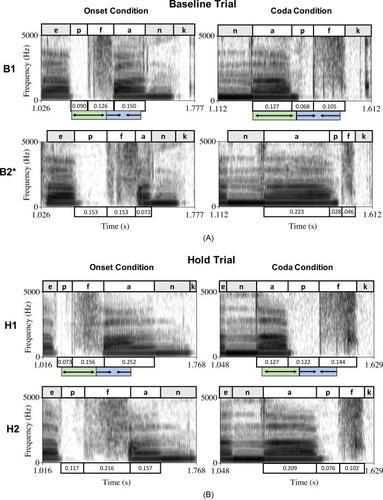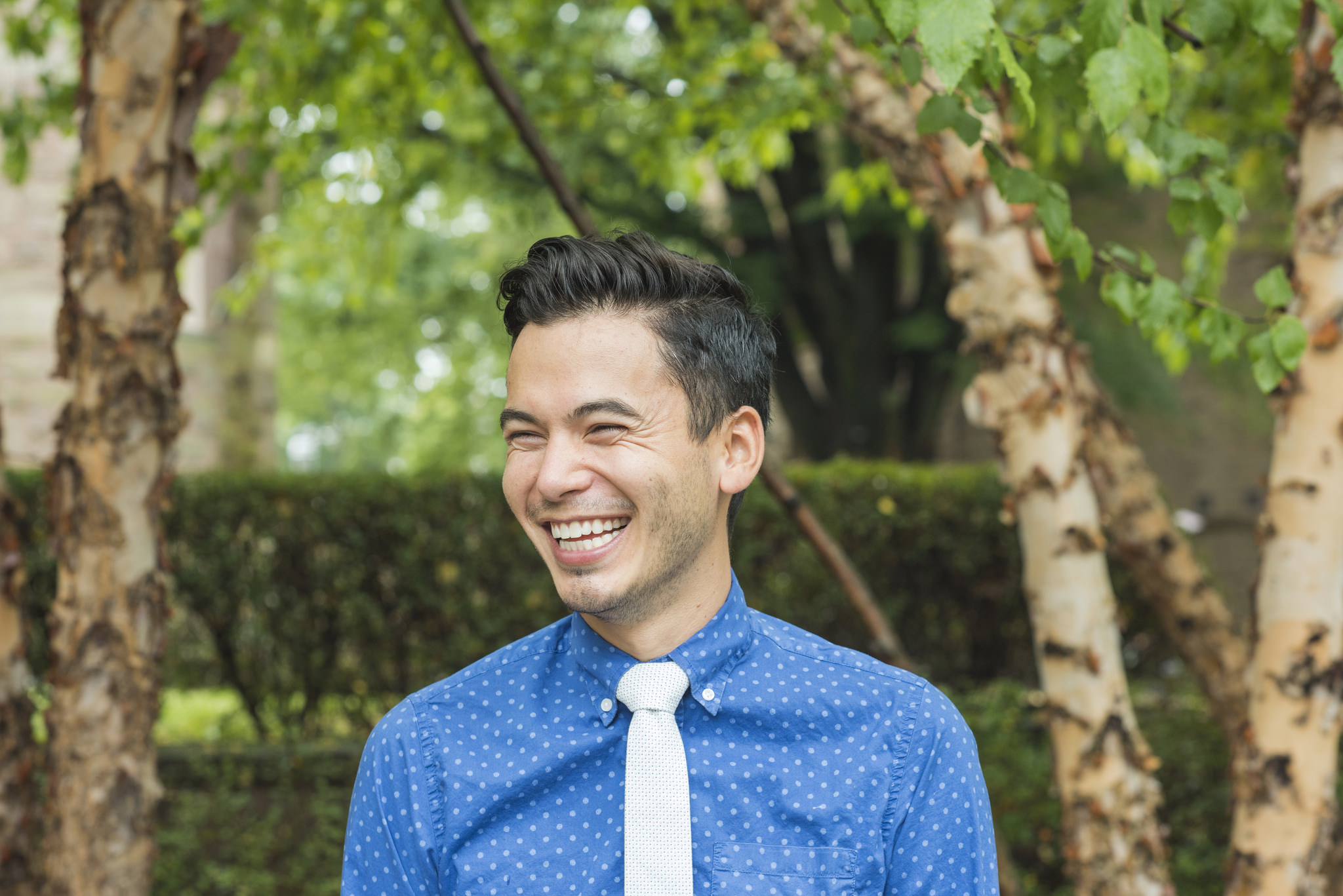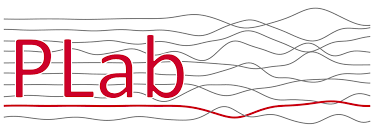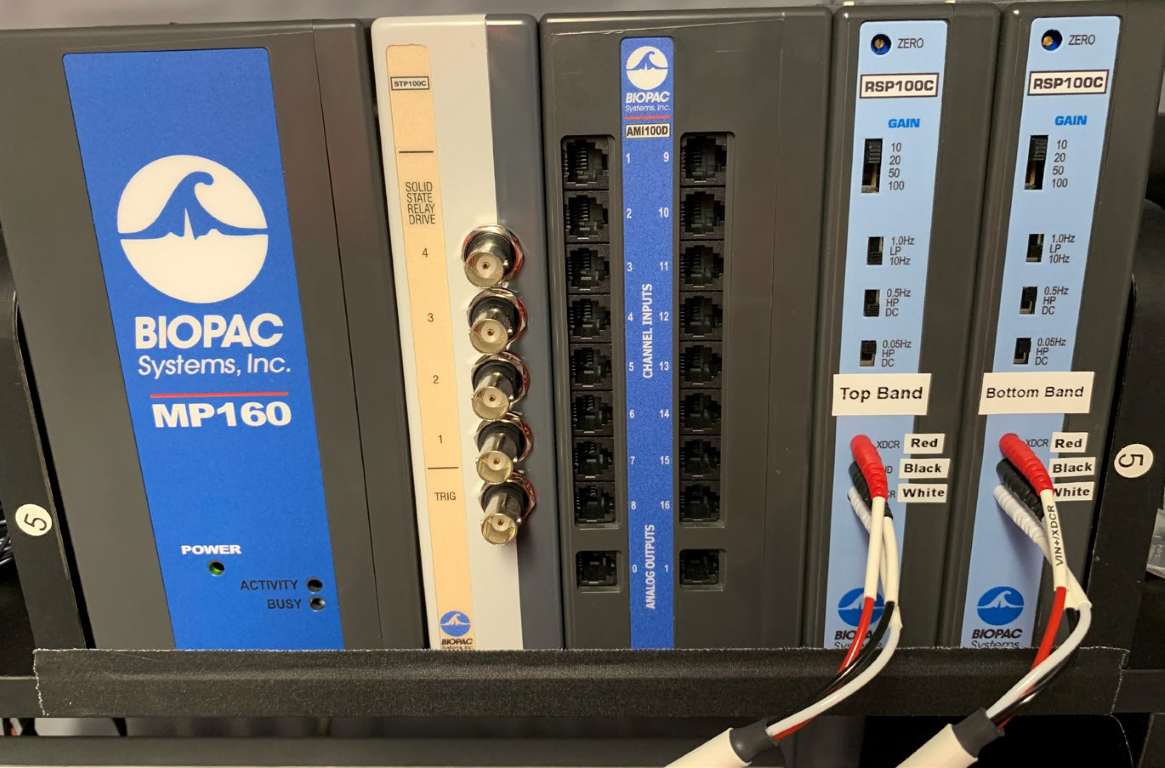About
The Cornell Phonetics Lab is a group of students and faculty who are curious about speech. We study patterns in speech — in both movement and sound. We do a variety research — experiments, fieldwork, and corpus studies. We test theories and build models of the mechanisms that create patterns. Learn more about our Research. See below for information on our events and our facilities.

Upcoming Events

28th April 2023 12:10 PM
Phonetics Lab Meeting
Around-the-room progress reports.
We will also discuss Simon's experiment design.
Location: B11 Morrill Hall, 159 Central Avenue, Ithaca, NY 14853-4701, USA
3rd May 2023 12:10 PM
PhonDAWG - Phonetics Lab Data Analysis Working Group
Fengyue will lead our continued discussion of this paper:
- "Compensation to real-time temporal auditory feedback perturbation depends on syllable position", Miriam Oschkinata and Philip Hoole, Journal of the Acoustical Society of America, 15 September 2020
Location: B11 Morrill Hall, 159 Central Avenue, Morrill Hall, Ithaca, NY 14853-4701, USA
4th May 2023 04:30 PM
Linguistics Colloquium Speaker: Dr. Byron Ahn of Princeton University to lecture on "Variation in English Reflexives: Themself and Themselves"
The Department of Linguistics proudly presents Dr. Byron Ahn, Assistant Professor of Linguistics in the Council of Humanities, Princeton University, who will present a lecture titled Variation in English Reflexives: Themself and Themselves.
Abstract:
Singular ‘they’ pronouns have been undergoing a noted linguistic change, being used and accepted in a greater number of contexts (e.g., Bjorkman 2017, Conrod 2019, Konnelly and Cowper 2020). This talk explores variation in the form of ‘they’ reflexive anaphors with singular antecedents: ‘themself’ and ‘themselves’.
This sociosyntactic research uses psycholinguistic methods to gather acceptability data (pilot n>1,100; follow-up n>220) and finds variation in a way that can address questions about variationist sociolinguistics and formal grammars.
Analysis of the data reveals that variation can be attributed to factors related both to social features and also to mental grammars, and that social influences are strongest *within* grammatically defined contexts. Further analysis suggests that the grammatical variation is in the constraints that govern which phi-features must (or need not) match.
This work adds to previous empirical findings (Ahn 2019) that necessitate that reflexive binding in English must *not* involve phi-Agree, undermining a premise for many treatments of English binding.
Further, this work provides further support for sem/prag treatments of (English) phi-features (e.g., Heim 2008, Sauerland 2008, Esipova 2019), and that acceptability of ‘they’ pronouns depends on sem/prag context (Moulton et al. 2022).
This casts doubt on conceiving of English gender features as an inflectional feature (cf. so-called grammatical gender languages) and suggests English gender directly reflects social relationships (Conrod 2020).
Bio:
Dr. Ahn studies structural aspects of language in both syntax (phrasal/sentential structure) and prosody (rhythmic/melodic structure), as well as how the two interact.
Location: 106 Morrill Hall, 159 Central Avenue, Morrill Hall, Ithaca, NY 14853-4701, USA
5th May 2023 12:10 PM
Phonetics Lab Meeting
Topic TBD
Location: B11 Morrill Hall, 159 Central Avenue, Morrill Hall, Ithaca, NY 14853-4701, USA
Facilities
The Cornell Phonetics Laboratory (CPL) provides an integrated environment for the experimental study of speech and language, including its production, perception, and acquisition.
Located in Morrill Hall, the laboratory consists of six adjacent rooms and covers about 1,600 square feet. Its facilities include a variety of hardware and software for analyzing and editing speech, for running experiments, for synthesizing speech, and for developing and testing phonetic, phonological, and psycholinguistic models.
Web-Based Phonetics and Phonology Experiments with LabVanced
The Phonetics Lab licenses the LabVanced software for designing and conducting web-based experiments.
Labvanced has particular value for phonetics and phonology experiments because of its:
- *Flexible audio/video recording capabilities and online eye-tracking.
- *Presentation of any kind of stimuli, including audio and video
- *Highly accurate response time measurement
- *Researchers can interactively build experiments with LabVanced's graphical task builder, without having to write any code.
Students and Faculty are currently using LabVanced to design web experiments involving eye-tracking, audio recording, and perception studies.
Subjects are recruited via several online systems:
- * Prolific and Amazon Mechanical Turk - subjects for web-based experiments.
- * Sona Systems - Cornell subjects for for LabVanced experiments conducted in the Phonetics Lab's Sound Booth

Computing Resources
The Phonetics Lab maintains two Linux servers that are located in the Rhodes Hall server farm:
- Lingual - This Ubuntu Linux web server hosts the Phonetics Lab Drupal websites, along with a number of event and faculty/grad student HTML/CSS websites.
- Uvular - This Ubuntu Linux dual-processor, 24-core, two GPU server is the computational workhorse for the Phonetics lab, and is primarily used for deep-learning projects.
In addition to the Phonetics Lab servers, students can request access to additional computing resources of the Computational Linguistics lab:
- *Badjak - a Linux GPU-based compute server with eight NVIDIA GeForce RTX 2080Ti GPUs
- *Compute server #2 - a Linux GPU-based compute server with eight NVIDIA A5000 GPUs
- *Oelek - a Linux NFS storage server that supports Badjak.
These servers, in turn, are nodes in the G2 Computing Cluster, which currently consists of 195 servers (82 CPU-only servers and 113 GPU servers) consisting of ~7400 CPU cores and 698 GPUs.
The G2 Cluster uses the SLURM Workload Manager for submitting batch jobs that can run on any available server or GPU on any cluster node.
Articulate Instruments - Micro Speech Research Ultrasound System
We use this Articulate Instruments Micro Speech Research Ultrasound System to investigate how fine-grained variation in speech articulation connects to phonological structure.
The ultrasound system is portable and non-invasive, making it ideal for collecting articulatory data in the field.

BIOPAC MP-160 System
The Sound Booth Laboratory has a BIOPAC MP-160 system for physiological data collection. This system supports two BIOPAC Respiratory Effort Transducers and their associated interface modules.

Language Corpora
- The Cornell Linguistics Department has more than 915 language corpora from the Linguistic Data Consortium (LDC), consisting of high-quality text, audio, and video corpora in more than 60 languages. In addition, we receive three to four new language corpora per month under an LDC license maintained by the Cornell Library.
- This Linguistic Department web page lists all our holdings, as well as our licensed non-LDC corpora.
- These and other corpora are available to Cornell students, staff, faculty, post-docs, and visiting scholars for research in the broad area of "natural language processing", which of course includes all ongoing Phonetics Lab research activities.
- This Confluence wiki page - only available to Cornell faculty & students - outlines the corpora access procedures for faculty supervised research.

Speech Aerodynamics
Studies of the aerodynamics of speech production are conducted with our Glottal Enterprises oral and nasal airflow and pressure transducers.

Electroglottography
We use a Glottal Enterprises EG-2 electroglottograph for noninvasive measurement of vocal fold vibration.

Real-time vocal tract MRI
Our lab is part of the Cornell Speech Imaging Group (SIG), a cross-disciplinary team of researchers using real-time magnetic resonance imaging to study the dynamics of speech articulation.

Articulatory movement tracking
We use the Northern Digital Inc. Wave motion-capture system to study speech articulatory patterns and motor control.
Sound Booth
Our isolated sound recording booth serves a range of purposes--from basic recording to perceptual, psycholinguistic, and ultrasonic experimentation.
We also have the necessary software and audio interfaces to perform low latency real-time auditory feedback experiments via MATLAB and Audapter.

